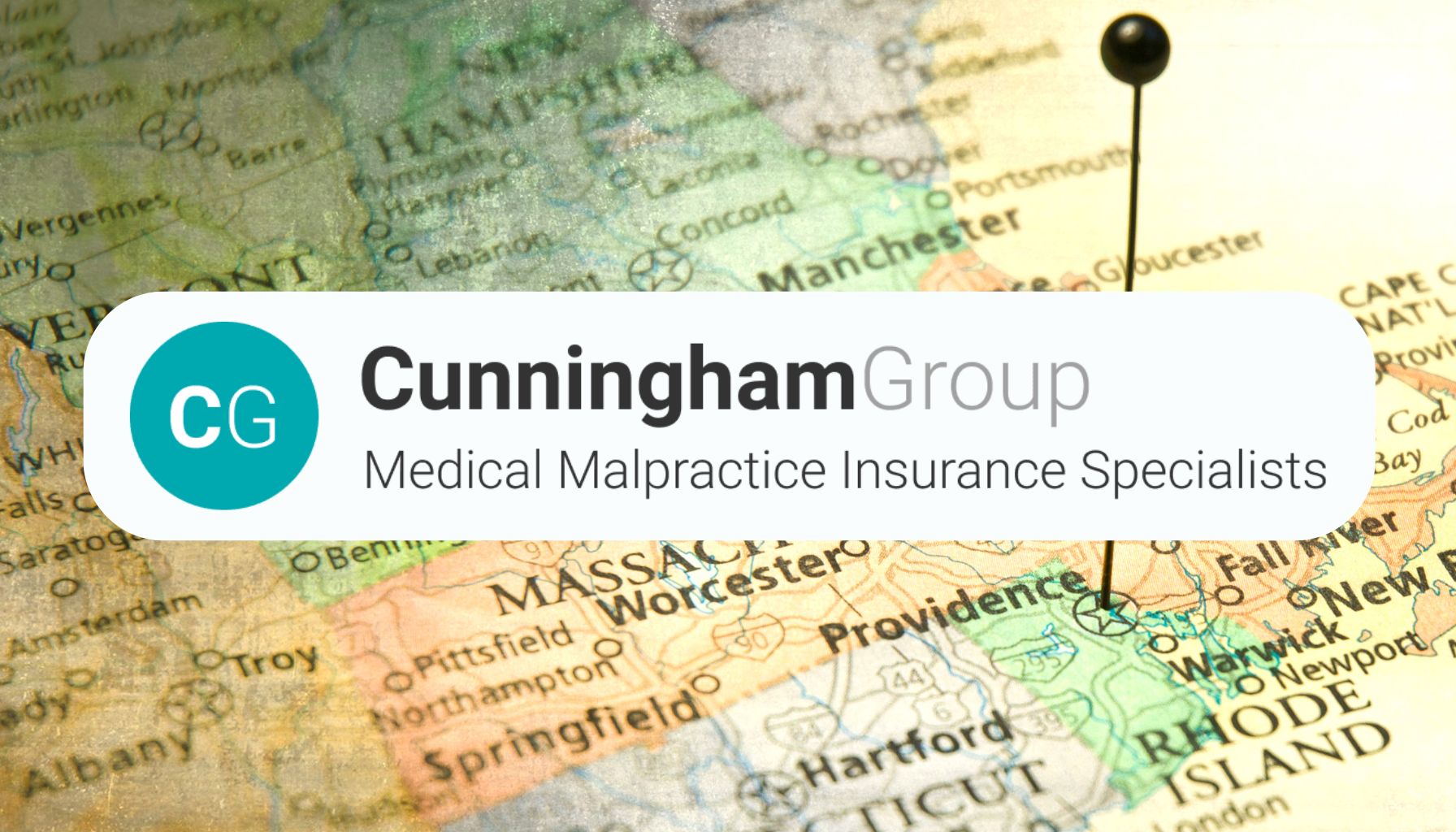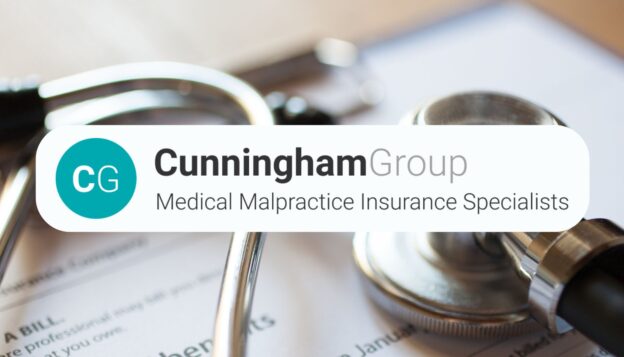Rhode Island Suicide Liability: Key Lessons from Almonte v. Kurl

The Rhode Island Supreme Court’s decision in Almonte v. Kurl (46 A.3d 1) shed some light on the complexities of medical malpractice claims involving Rhode Island suicide cases and raised important questions about the limits of suicide liability in cases marked by inherent unpredictability.
For healthcare providers, particularly those in high-stakes settings like emergency rooms, the ruling underscored the challenges of predicting and managing suicide risk. Here, we’ll break down the key takeaways and potential implications for physicians and other healthcare professionals concerned with liability in Rhode Island suicide cases involving these types of risks.
Key Takeaways: Rhode Island Suicide & Almonte v. Kurl
- Inherent Uncertainty in Predicting Suicide Risk: The Almonte case highlights how challenging it is to predict Rhode Island suicide risk, even for experienced healthcare providers. The court recognized that even with established standards of care, predicting suicide can be “notoriously difficult,” and that these cases often involve patients who may not present clear-cut symptoms or who actively resist intervention.
- Limitations of Common Law in Defining Duty: According to the ruling, the ER physician in Almonte did not have definitive guidelines to follow and ultimately made a judgment call based on the patient’s behavior at the time. The court pointed out that, in the absence of an established standard of care, it is often unfair to evaluate a healthcare provider’s actions based on outcomes that only become clear in hindsight.
- Importance of Expert Testimony: Almonte reaffirms the necessity of qualified expert testimony in malpractice cases to determine whether a standard of care was met. In this case, the absence of expert testimony made it impossible to prove that the physician’s actions deviated from accepted medical practice.
- Consideration of a Clear-Cut Protocol for Suicide Risk: The case suggests a potential solution for hospitals and healthcare providers: having a “bright-line” rule for cases involving suicide risk. For instance, if a patient has communicated suicidal intent to police or family members, hospitals could establish a protocol that mandates a psychiatric evaluation referral, simplifying decision-making and reducing liability risk for providers.
Rhode Island Suicide: Key Insights for Healthcare Providers
1. Balancing Professional Judgment and Legal Expectations
The Almonte decision highlights that physicians frequently must make split-second decisions based on incomplete information, particularly in Rhode Island suicide cases.. While common law emphasizes “foreseeable risk,” this case illustrates that foreseeability can be challenging in real-time, particularly in complex conditions such as mental health.
For healthcare providers, this highlights the importance of relying on professional judgment while documenting all steps taken to evaluate and address patient needs. Clear documentation not only supports sound medical practice but also serves as evidence if care decisions are later questioned in court.
2. Establishing Internal Protocols for High-Risk Cases
Healthcare providers can benefit from having clear, predefined protocols for handling patients at risk of suicide. A standardized process, such as requiring a psychiatric referral when there is evidence of suicidal intent, can help providers make decisions confidently and reduce liability risks. Such protocols should be developed collaboratively with mental health experts to ensure they are practical, evidence-based, and protective for both patients and providers.
3. The Role of Expert Testimony in Malpractice Defense
The Almonte case underscores the critical role that expert testimony plays in medical malpractice claims, especially in complex Rhode Island suicide cases involving mental health. When allegations arise, expert witnesses are often crucial in demonstrating that a physician’s actions were consistent with the standard of care. Providers should be aware that robust documentation and adherence to protocols can strengthen their defense by providing a clearer basis for expert evaluation and assessment.
4. Malpractice Coverage for Rhode Island Suicide Liability
Cases like Almonte highlight the uncertainties inherent in medical practice and underscore the importance of comprehensive malpractice insurance for healthcare providers. Coverage that includes legal defense and support for expert testimony is invaluable in navigating complex cases, where outcomes are often difficult to predict. At Cunningham Group, we work with healthcare providers to ensure they have adequate coverage tailored to their specific risks, particularly for high-stakes settings such as emergency care, and even provide free malpractice quotes.
Cunningham Group’s Perspective on Suicide Liability
The Almonte case serves as a reminder of the complexities physicians face in balancing patient care with legal liability, especially in Rhode Island suicide cases involving patients in mental health crises. Establishing clear protocols and maintaining thorough documentation are practical steps healthcare providers can take to reduce risk.
Additionally, adequate malpractice coverage is crucial for protecting healthcare professionals in cases involving unpredictable outcomes. If you’re looking for tailored advice on medical malpractice coverage in Rhode Island or elsewhere in the United States that fits your practice, our team at Cunningham Group is here to help.
*This article has been updated with new information




